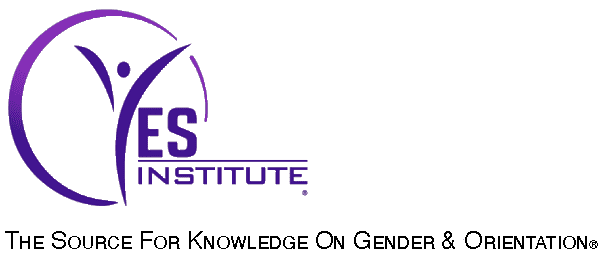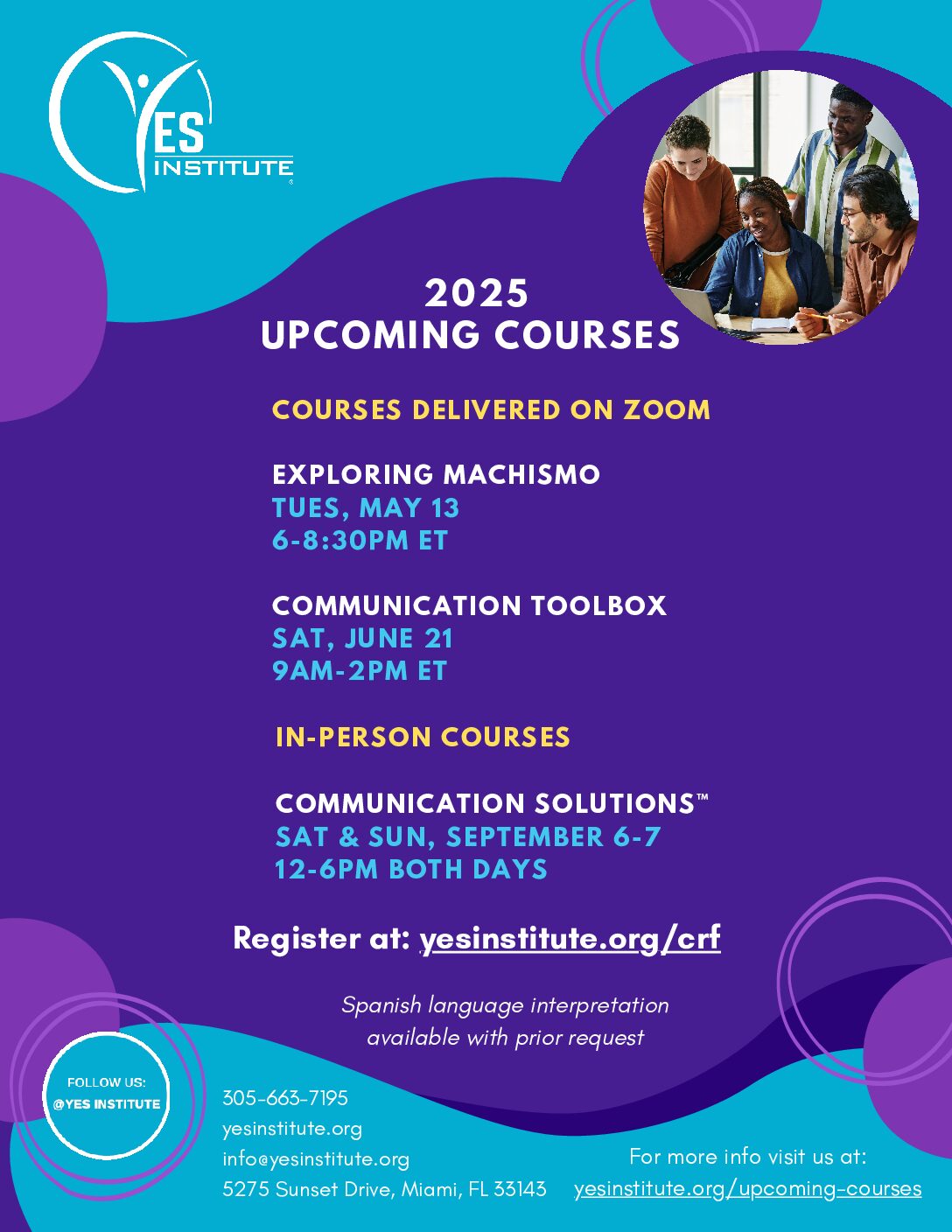Neurodiversity Awareness and Best Practices
Tuesday, November 19, 2024 from 12pm-2pm ET
Fees: Adults $30 and Students $10
Via Zoom
REGISTRATION is CLOSED for this course.
DESCRIPTION
This interactive learning session explores the experiences of neurodiverse youth and adults, and the parent/guardian caretakers of youth and young adults with special needs. The workshop explores essential, foundational knowledge about neurodiverse people, their contributions and strengths, along with simple and practical adaptations for support and inclusion. Testimonies of family members and guest speakers will allow you to learn and participate in learning from real life experiences and Q&A portion, complimenting research-based review and suggested best practices. Research regarding self-harm, depression, mental health and resiliency, along with co-occurrence of autism and gender dysphoria diagnosis will also be explored. Additionally, best practices for empowering people with intersecting identities and backgrounds who are a part of the neurodiverse community are also included.
LEARNING OBJECTIVES
- List and describe several main categories of diagnoses associated with neuroatypical experiences.
- Explain and express the strengths and contributions commonly associated with several main categories of neurodiversity.
- Discuss and identify salient examples of neurodiversity inclusion vs. exclusion from guest speaker life experiences during interactive Q&A segment of the presentation.
- Analyze and plan best practices for inclusive, safe, and supportive interactions within a variety of contexts (families, coworkers, customer service, healthcare services, etc.)
PARTICIPANTS
This workshop is ideal for anyone interested in learning about neurodiversity – individuals, parents, family members, young adults, health and mental health professionals, workplace customer service staff and community leaders.
No CE units are available for this workshop.
REFERENCES
“Autism Sensitivity Training.” (2023, December). University of Miami & Nova Southeastern University Center for Autism & Related Disabilities (UM/NSU CARD). Live training. https://www.card.miami.edu/
Kallitsounaki, A. & Williams, D.M. (2022). “Autism Spectrum Disorder and Gender Dysphoria/Incongruence. A systematic Literature Review and Meta-Analysis. Journal of Autism and Developmental Disorders, 53: 3103–3117. https://doi.org/10.1007/s10803-022-05517-y
Prizant, Barry (2015). “Uniquely Human: A Different Way of Seeing Autism.” Simon & Schuster; 1st edition.
Strang, John, et. al (2018). “Initial Clinical Guidelines for Co-Occurring Autism Spectrum Disorder and Gender Dysphoria or Incongruence in Adolescents”. J Clin Child Adolesc Psychol. 2018 Jan-Feb; 47(1):105-115. doi: 10.1080/15374416.2016.1228462
REGISTRATION is CLOSED for this course.

